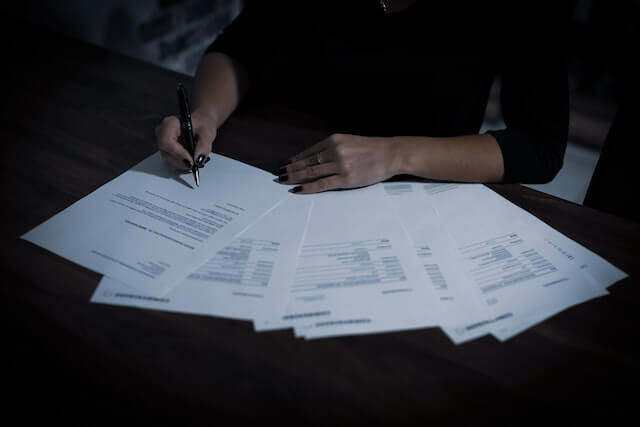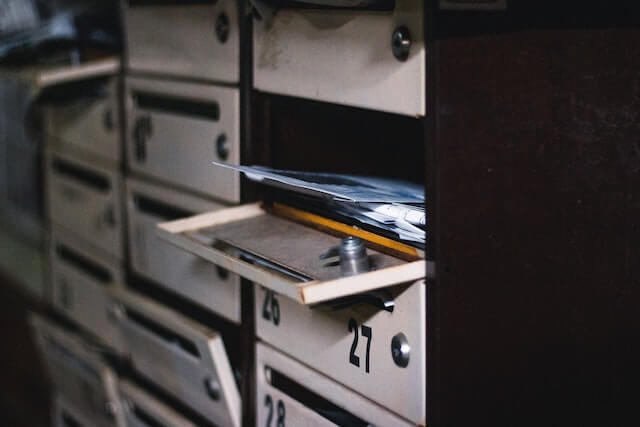Landlords should have a clear and organized rental process. This ensures that they rent their property to responsible and reliable tenants. To achieve this, having the right rental documents is key. In this guide, we’ll discuss the important rental documents every landlord should have and their purpose. Additionally, we’ll provide tips on how to organize them effectively.

Online Rental Application
First on the list is the online rental application. It is the first document that potential tenants will see when they apply to rent your property. Usually, it asks for information such as employment history, rental history, and personal references. You can use this document to pre-screen applicants and determine their eligibility for your rental property.
After you publish a listing on Padleads and syndicating it to high-traffic websites, you can expect tons of applications. It’s easier to go through them if they can fill up their rental application online.
Pre-Screening Questionnaire
Landlords or rental agents use a pre-screening questionnaire document. It helps in assessising the potential tenant’s suitability for the property further. It asks specific questions related to the tenant’s credit score, employment, income, and rental history. You can use this document to screen out tenants who may not be a good fit for your property.
Prospective Tenant Acceptance and Rejection Letter
After you have reviewed the rental application and pre-screening questionnaire, you need to send a letter to the prospective tenant. The letter informs them whether or not you have accepted them. All things considered, landlords should clearly state why they have either accepted or rejected the tenant.

State-Specific Lease Agreement
A lease agreement is a binding contract. It outlines the terms and conditions of the rental agreement between the landlord and tenant. The document indicates the monthly rent, security deposit, lease term, and penalties for breaking the lease. It is important to ensure that your lease agreement complies with state-specific laws to avoid legal issues.
Tenant Welcome Letter
The tenant welcome letter is a friendly letter that welcomes the new tenant to the property. It provides them with important information such as emergency contact information, rent payment instructions, and rules and regulations of the property.
Lease Renewal Letter
Landlords send the lease renewal letter to existing tenants. This notifies them that their lease is about to expire and offers them the opportunity to renew it. Furthermore, you can use this document to update any changes to the lease terms and conditions.
Move-In and Move-Out Checklist
A move-in and move-out checklist is a document that outlines the condition of the rental property at the time of move-in and move-out. Landlords can use this document to ensure that tenants return the property in the same condition it was in at the start of the lease. This can help avoid any disputes over the security deposit.
Security Deposit Return Letter
Landlords send a security deposit return letter to tenants at the end of their lease. The amount of their security deposit that will be returned must be stated. Additionally, the landlord must explain any deductions made for damages or unpaid rent in the letter.
Rent Roll Template
A rent roll template is a document that lists all of the rental units in a property. It includes the tenant name, monthly rent, and lease expiration date. You can use this document to track rental income and manage lease renewals.
Apartment Turnover Checklist
An apartment turnover checklist is a document that outlines the necessary steps for preparing a rental unit for a new tenant. Landlords can use this document to ensure that the rental unit is clean and in good condition before a new tenant moves in.

Tips on How to Organize Documents
To effectively organize rental documents, it is important to keep them in a secure and easily accessible location. You can consider using a digital filing system to store documents, or keeping physical copies in a locked file cabinet. You can also do both. It is also important to label and date each document to make it easier to find and track.
As a landlord, having the right rental documents is crucial for managing your property effectively and avoiding legal issues.